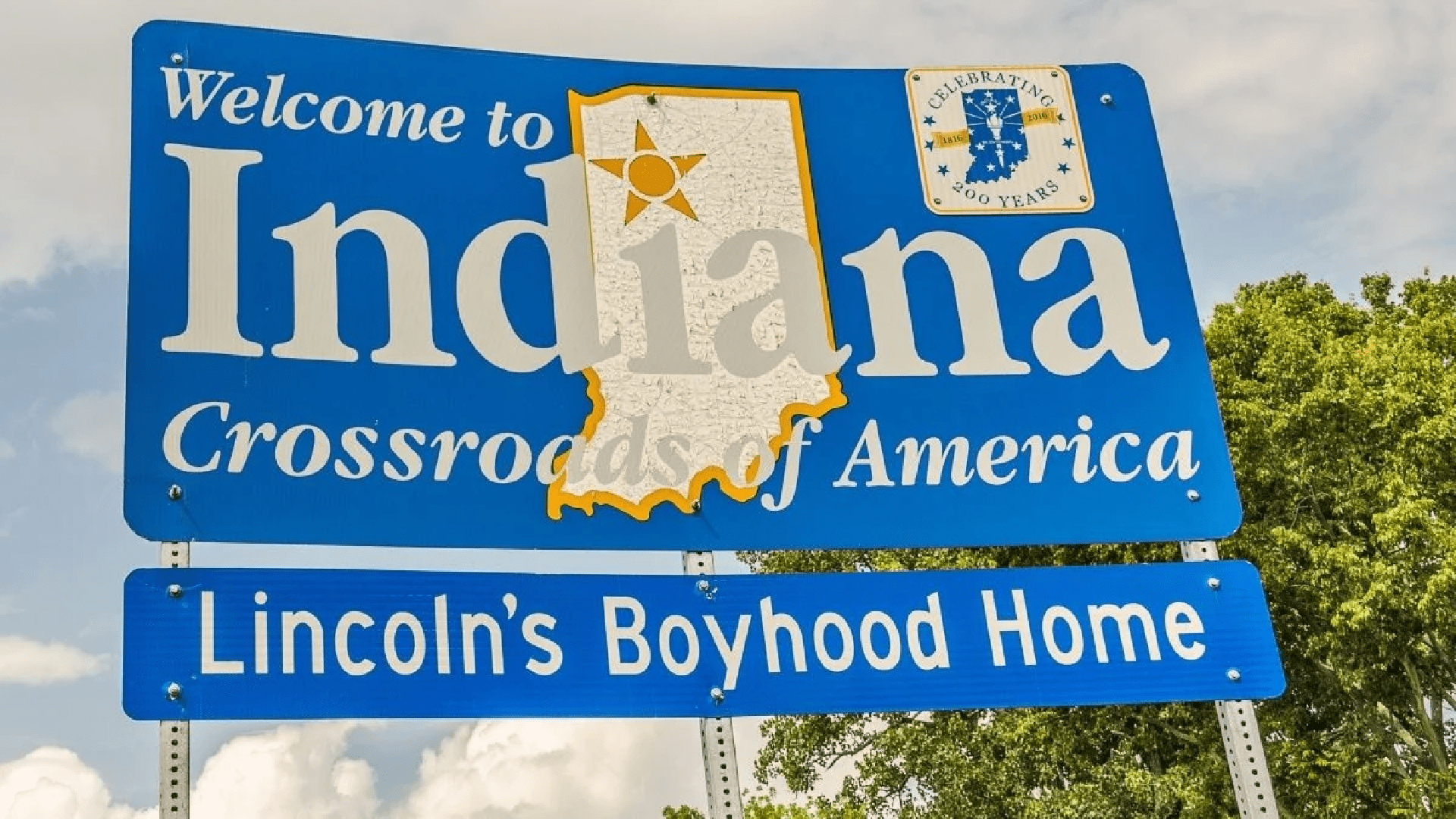
Penn State Study Finds 20 Percent of Pennsylvania Adults Gamble Online
Researchers at Penn State discovered in their 2024 Pennsylvania Interactive Gaming Assessment that participation in online gaming is still rising in the commonwealth.
The yearly Online Gambling Report highlights the number of Pennsylvanians aged 21 and above who are located within the state and engaging in online gambling. Carried out by scholars at the university’s Criminal Justice Research Center in collaboration with the Pennsylvania Department of Drug and Alcohol Programs, the survey involving 1,400 residents revealed that a greater number of Pennsylvanians than ever are placing bets online.
The 2024 summary indicates that approximately 20% (19.8%) of adults in Pennsylvania engaged in online gambling at least once in the last 12 months. That's an increase of nearly 4% from the 16% participation rate reported by the study last year.
"This year’s report highlights the need for ongoing monitoring of online gambling in Pennsylvania,” said Glenn Sterner, associate professor of criminal justice at Penn State Abington and the lead author of the report. “With increased revenues and prevalence of online gambling, we need to be sure we are adequately educating Pennsylvanians about risks of illegal sites that may seek to take advantage of this surge in activity.”
Sports betting was the leading form of online gambling for internet users. Approximately 8% of adults in Pennsylvania placed at least one sports bet online last year. Online slots, engaging table games, and instant lotteries also gained popularity.
The Penn State report marked the fourth evaluation of interactive gaming since the university started tracking the online gambling industry in 2021.
Issues Related to Responsible Gambling
The Pennsylvania Gaming Control Board (PGCB) announced that the gross gaming revenue (GGR) for iGaming in 2024, not including online sports betting, totaled $2.18 billion. A new milestone, the iGaming revenue showed an increase of over 25% compared to the previous year.
Oddsmakers produced a GGR of $510.7 million, marking another record high, or 11% greater than in 2023. Over 90% of revenue generated by sportsbooks is from online bets.
The unprecedented revenue from online gaming, a significant victory for both operators and the state—which takes 54% of the online slot revenue, 16% of the online table earnings, and 36% of the sportsbook profits—raises substantial worries for proponents of responsible gaming.
In contrast to a traditional casino where employees are trained to identify drunk players and those who may be gambling unreasonably, tracking the habits of online players is significantly more challenging. While operators have certain measures in place, like permitting bettors to set cooling-off periods and deposit caps, researchers from Penn State suggest that additional improvements could, and ought to, be pursued.
“Knowing what the current online gambling trends are helps to inform our path forward in addressing compulsive and problem gambling within the commonwealth,” said Latika Davis-Jones, secretary for the Pennsylvania Department of Drug and Alcohol Programs.
Researchers at Penn State indicated that gamblers engaging in both in-person and online gaming face the greatest risk of problem gambling, whereas those who gamble solely in-person exhibit the least risk. The report indicated that these findings imply the necessity for specific interventions aimed at iGaming to inform the public about the dangers of gambling, including the heightened risk associated with gambling in various formats.
iGaming Not Taking Play
An interactive gaming assessment by Penn State revealed that although participation in iGaming and online sports betting is on the rise, attendance at the state's 17 physical casinos has stayed consistent. The survey indicated that the rate of offline gambling involvement rose from 62.4% to 63.1% among adults in Pennsylvania.
The PGCB reports that its controlled gaming sector — the third most lucrative in the country after Nevada and New Jersey — produced a historic tax advantage last year exceeding $2.66 billion. In 2024, the state gathered $209.3 million additional in gaming taxes compared to 2023.








